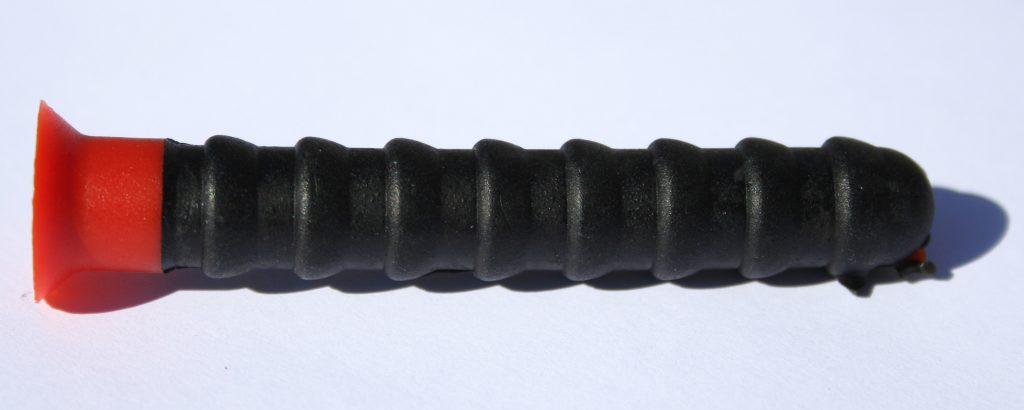One in three uses the wrong screws, nails or other fasteners when attaching something to the wall, according to a survey by YouGov conducted for Essve in 2018. This leads to many poor installations in Norwegian homes and the risk that things may fall down.

Do you keep excess fasteners in the toolbox for the next time you need it? This may be why your installation does not last for a long time. There are many different fasteners with different purposes. When choosing which fasteners to use for assembly, it is important that you use the correct fastener for the material you are assembling in.
What fasteners should you use?
There are two things that are essential for the selection of fasteners. Should you mount objects that are light or heavy? For installation of heavy objects, it is important to secure and it is recommended to use fastening plugs. If the material you will be assembled in wood, you can use screws, hooks, nails or staples. Should you mount in concrete, masonry or plaster it requires a slightly more solid method.
When using fastening plugs, it is important to use the correct screw. A too small screw will not expand the plug sufficiently, and there may be a risk that it may slip and your installation does not fit properly. If you use a screw that is too large, the screw may blow out the plug or be difficult to get into. When installing plugs, it is advisable to pay close attention to the measurement due to the size of the plug. If you make the hole of the plug too large, you will risk having to move what you are going to mount somewhere else to get a firm attachment.
Unlike a general brick plug, grepi fastener plugs have a firmer grip in lightweight concrete, due to the new rubber coating, without crumbling around the borehole when screwing in. The plugs do not destroy the walls of the hole, they do not rotate during screw assembly and the rubber part provides greater friction against the walls of the hole when extracting.

Grepi fastening plugs are well suited to extra high loads for demanding installations. The brick plug has a soft surface in thermoplastic rubber, which acts shock absorbing and increases the life of the plug.
When choosing the right fastener, you no longer have to worry that what you're hanging up is going to fall down. Order the masonry plug from Grepi here for a safe and durable installation.
